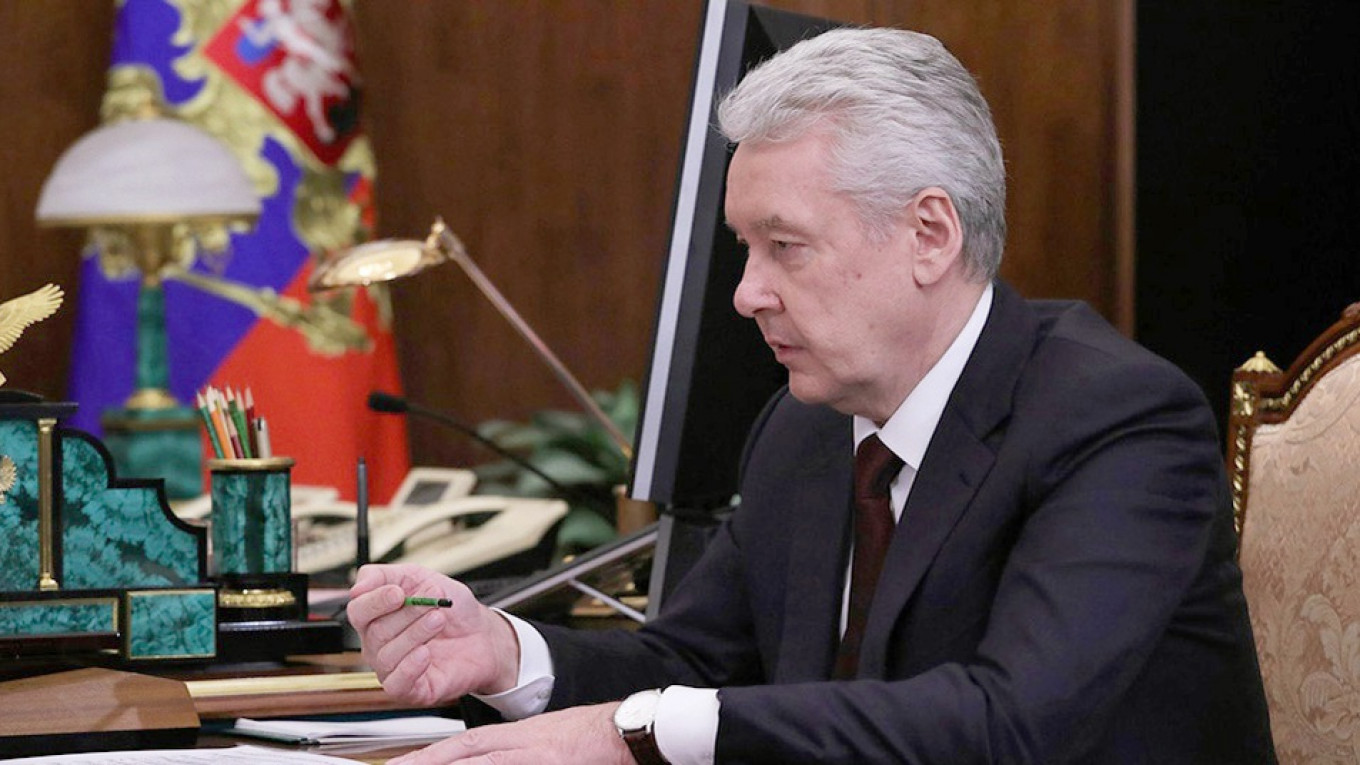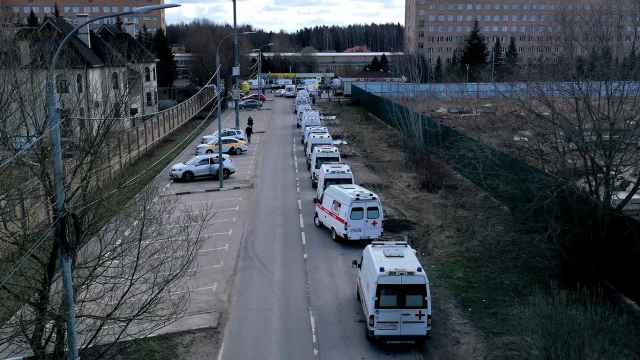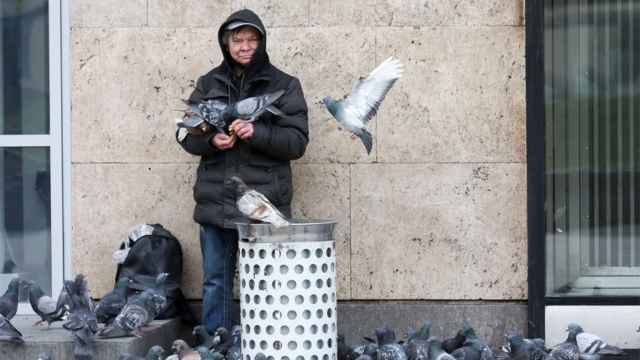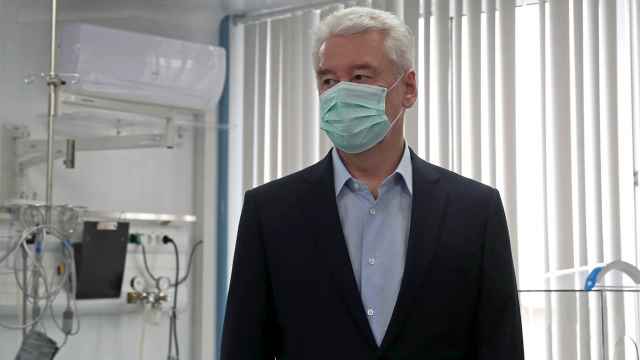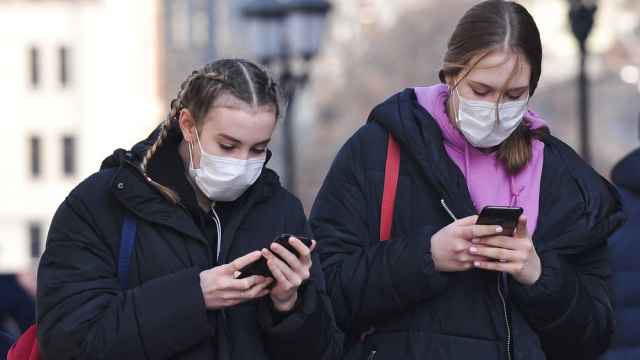Moscow Mayor Sergei Sobyanin will reportedly avoid debating any opponents in his upcoming re-election campaign, following in the path of Russian politicians including President Vladimir Putin.
President Putin has skipped out on debates in all four of his past presidential races, including the 2018 campaign. Four candidates have been able to gather enough signatures from majority Kremlin-approved council members to challenge Sobyanin in the Sept. 9 vote for mayor of Moscow.
Sobyanin has chosen not to debate his challengers because he believes they are not seriously interested in winning, the RBC business portal reported Wednesday, citing two anonymous sources close to Moscow City Hall.
“He’s not debating because his opponents aren’t nominated for the sake of winning elections but are solving other tasks, such as upholding their party’s ratings or conveying their own ideas,” one of the sources was quoted as saying.
Three of the four challengers, which include two businessmen as well as several lawmakers, told RBC they still plan to take part in the debates. One of the candidates lost to Sobyanin in the 2013 mayoral election.
The Moscow electoral code also offers candidates 30 minutes of free air time a day on public television and radio channels.
Two key opposition figures were denied the chance to run against Sobyanin because they couldn’t clear the so-called “municipal filter,” a law that requires candidates to gather signatures primarily from members of the United Russia ruling party.
Russia’s federal election chief repeated her long-time criticism of the municipal filter this week, vowing to do away with the “ill-fated” provision after the Sept. 9 elections.
Election analysts interviewed by RBC on Wednesday said Putin’s refusal to debate his opponents, as well as a similar approach by Prime Minister Dmitry Medvedev and former Moscow mayor Yury Luzhkov, set a precedent for how political races are approached in Russia.
“Debates are not in the tradition of Russian authorities,” analyst Oleg Ignatov, with the Center for Current Policy, told RBC.
A Message from The Moscow Times:
Dear readers,
We are facing unprecedented challenges. Russia's Prosecutor General's Office has designated The Moscow Times as an "undesirable" organization, criminalizing our work and putting our staff at risk of prosecution. This follows our earlier unjust labeling as a "foreign agent."
These actions are direct attempts to silence independent journalism in Russia. The authorities claim our work "discredits the decisions of the Russian leadership." We see things differently: we strive to provide accurate, unbiased reporting on Russia.
We, the journalists of The Moscow Times, refuse to be silenced. But to continue our work, we need your help.
Your support, no matter how small, makes a world of difference. If you can, please support us monthly starting from just $2. It's quick to set up, and every contribution makes a significant impact.
By supporting The Moscow Times, you're defending open, independent journalism in the face of repression. Thank you for standing with us.
Remind me later.


